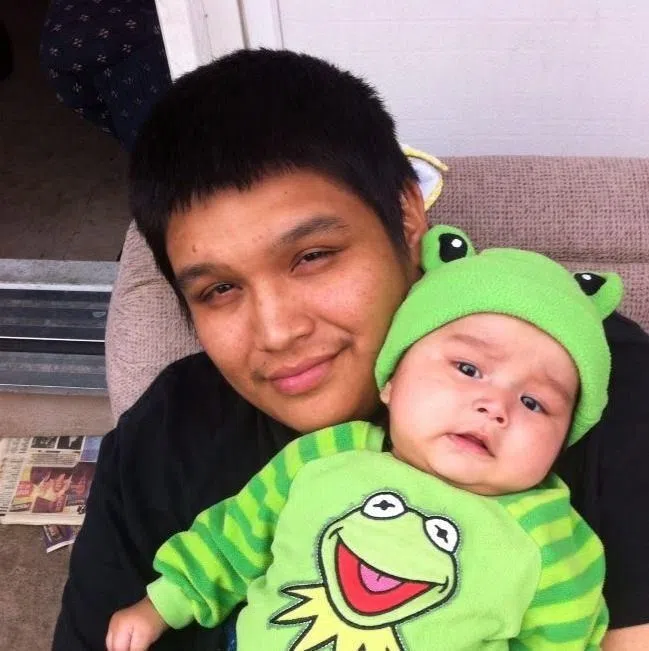
Winnipeg woman wants inquest after epileptic husband dies in custody
WINNIPEG — The wife of a man who died after suffering an epileptic seizure while in custody at the Winnipeg Remand Centre says facility staff denied her husband his epilepsy medication in the days leading up to his death.
Rochelle Pranteau was on the phone with her 26-year-old common-law husband Errol Greene from the institution when he began slipping into a seizure May 1.
“He said he could feel the numbing feeling in his hands, and his jaw started locking and grinding and then he could hardly talk,” said Pranteau, 27, who has three children with Greene and is pregnant with a fourth. “Usually I can stop it when I’m face-to-face with him … but because I wasn’t there physically, I couldn’t stop it.
“I heard him fall, and then the phone dropped and was just dangling there.”
Pranteau said she listened helplessly for 20 minutes while guards and inmates responded.
“I could hear (the guards) throw him on his stomach and put cuffs on him … You could tell he was struggling for his breath. He was on his stomach and it sounded like a guard was on him,” said Pranteau. “They were trying to tell Errol to calm down, but how could he calm down? He’s having his episode, let him have it.”
Manitoba Justice said Greene was taken to hospital where he died. The department is investigating.
Greene was taken into custody the evening of April 29 for breaching a probation order not to consume alcohol. He had been out on bail awaiting trial for a mischief under $5,000 charge.
Pranteau said Greene told her remand centre staff denied him his epilepsy medicine — which he took three times a day to ward off seizures — from the time he arrived at the institution.
The president of the Manitoba Government and General Employees’ Union, which represents remand centre staff, expressed sympathy to Greene’s family and said the union will encourage its members to participate in the investigation.
“I think it’s important for everyone to withhold judgment on what happened until all the facts are known,” said Michelle Gawronsky in a statement.
A spokesperson for Manitoba Justice would not say whether Greene was refused his medication, citing privacy legislation, but said inmates sometimes need to see institutional doctors before medication is approved.
“If the offender is on medication and it can be verified, generally it is continued. If the medication cannot be verified through community health-care providers or if there are any potential issues, the offender is booked to see the institutional physician,” the department said in a statement.
“A contract physician attends each business day. Offenders waiting to see the institutional physician may be monitored in a correctional centre medical unit if needed, based on their condition.”
The department wouldn’t say whether Greene, who was arrested on Friday and died Sunday, was waiting until the next business day to see an institutional doctor.
Pranteau is demanding an inquest to determine why her husband was not allowed to take his medicine and to find out exactly where and when he died. Inmates have told her paramedics pronounced Greene dead at the remand centre around 3 p.m., but officials told Pranteau he died several hours later in hospital.
“So what is the story? Did he die at the hospital or did he die at the remand centre? It’s not matching up,” she asked. “I want to know what happened to him, every damn detail.”
Mark O’Rourke, director of the office of the chief medical examiner, said the investigation will determine whether an inquest will be held. An inquest is only mandatory when a person in custody dies “as a result of a violent act, undue means, or suddenly of unexpected cause,” he said.
“We’re still in the process of investigating,” he said. “It’ll take us several months. When the report’s done, we’ll review our file and we’ll be in a position to make a decision.”
Shane Gibson, The Canadian Press
©2016 The Canadian Press


